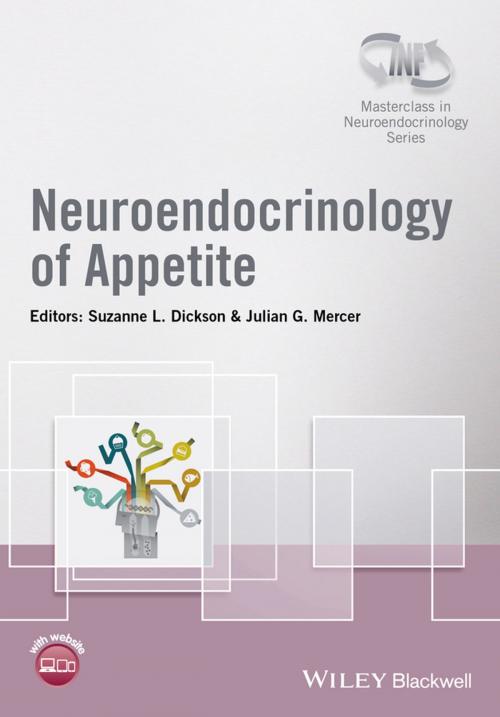Neuroendocrinology of Appetite
Nonfiction, Health & Well Being, Medical, Specialties, Internal Medicine, Endocrinology & Metabolism| Author: | ISBN: | 9781118839300 | |
| Publisher: | Wiley | Publication: | October 25, 2016 |
| Imprint: | Wiley-Blackwell | Language: | English |
| Author: | |
| ISBN: | 9781118839300 |
| Publisher: | Wiley |
| Publication: | October 25, 2016 |
| Imprint: | Wiley-Blackwell |
| Language: | English |
This cutting-edge, interdisciplinary volume describes established and state of the art approaches for exploring the pathways that influence and control appetite, including: behavioural, electrophysiological, neuroanatomical, gene knockout and pharmacological techniques. The book presents key peptide and neurotransmitter systems, together with newly emerging concepts of metabolic signalling and hypothalamic inflammation. The impact of early life experience on neuroendocrine appetite circuits is also looked at, including early programming of these circuits by circulating hormones. Finally, new emerging therapeutic approaches to appetite suppression are discussed, including those linked to bariatric (weight loss) surgery.
Neuroendocrinology of Appetite is especially focused on established and emerging technologies and approaches for investigating appetite control. It is written so as to provide an overview of sufficient depth for an undergraduate or new scientist in the field to come up to speed in the complementary approaches used by researchers in this field. Taking an interdisciplinary approach, the book aims to appeal to all those with a basic, clinical or therapeutic interest in research into obesity and eating disorders.
This cutting-edge, interdisciplinary volume describes established and state of the art approaches for exploring the pathways that influence and control appetite, including: behavioural, electrophysiological, neuroanatomical, gene knockout and pharmacological techniques. The book presents key peptide and neurotransmitter systems, together with newly emerging concepts of metabolic signalling and hypothalamic inflammation. The impact of early life experience on neuroendocrine appetite circuits is also looked at, including early programming of these circuits by circulating hormones. Finally, new emerging therapeutic approaches to appetite suppression are discussed, including those linked to bariatric (weight loss) surgery.
Neuroendocrinology of Appetite is especially focused on established and emerging technologies and approaches for investigating appetite control. It is written so as to provide an overview of sufficient depth for an undergraduate or new scientist in the field to come up to speed in the complementary approaches used by researchers in this field. Taking an interdisciplinary approach, the book aims to appeal to all those with a basic, clinical or therapeutic interest in research into obesity and eating disorders.















